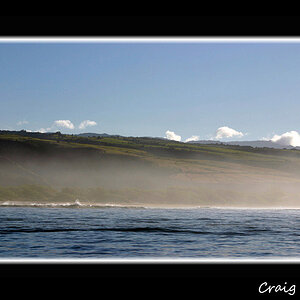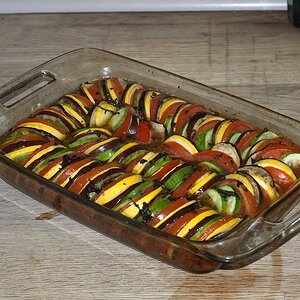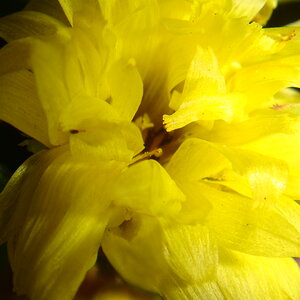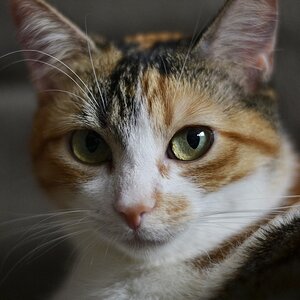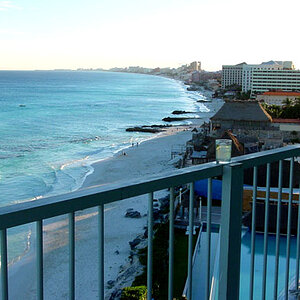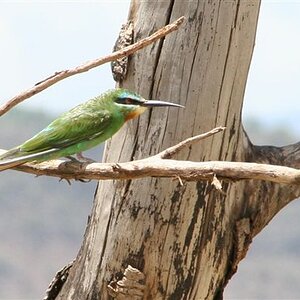Markw
No longer a newbie, moving up!
- Joined
- Jul 25, 2008
- Messages
- 4,057
- Reaction score
- 230
- Location
- Baltimore
- Website
- www.outsidetherainbow.com
- Can others edit my Photos
- Photos NOT OK to edit
I'm thinking about getting an IR-only camera soon and Im having a problem going with something like the d70 for the camera, owning a D300s. So, what I am asking is if everyone out there thinks the photos out of the D70 with the Tokina 11-16/2.8 (lens I'll be using with it most of the time) will be of good enough quality to justify a purchase of the an already converted D70 ($400-425) over buying a used D3000 ($250-300) or D40x ($180-250) and paying $250-400 for the conversion? Image quality and printable image size are my main concerns. I can deal with any ergonomical issues the camera has over the others.
Thanks!
Mark
Thanks!
Mark




![[No title]](/data/xfmg/thumbnail/40/40308-f92e28f094216c151f3ad1fd7453c99b.jpg?1619739413)
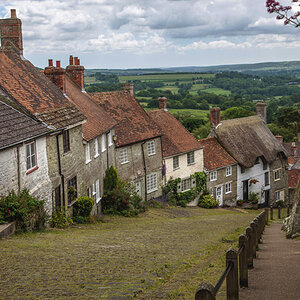
![[No title]](/data/xfmg/thumbnail/40/40309-c759bfd4ae7c079632e7402d21d332f1.jpg?1619739414)
